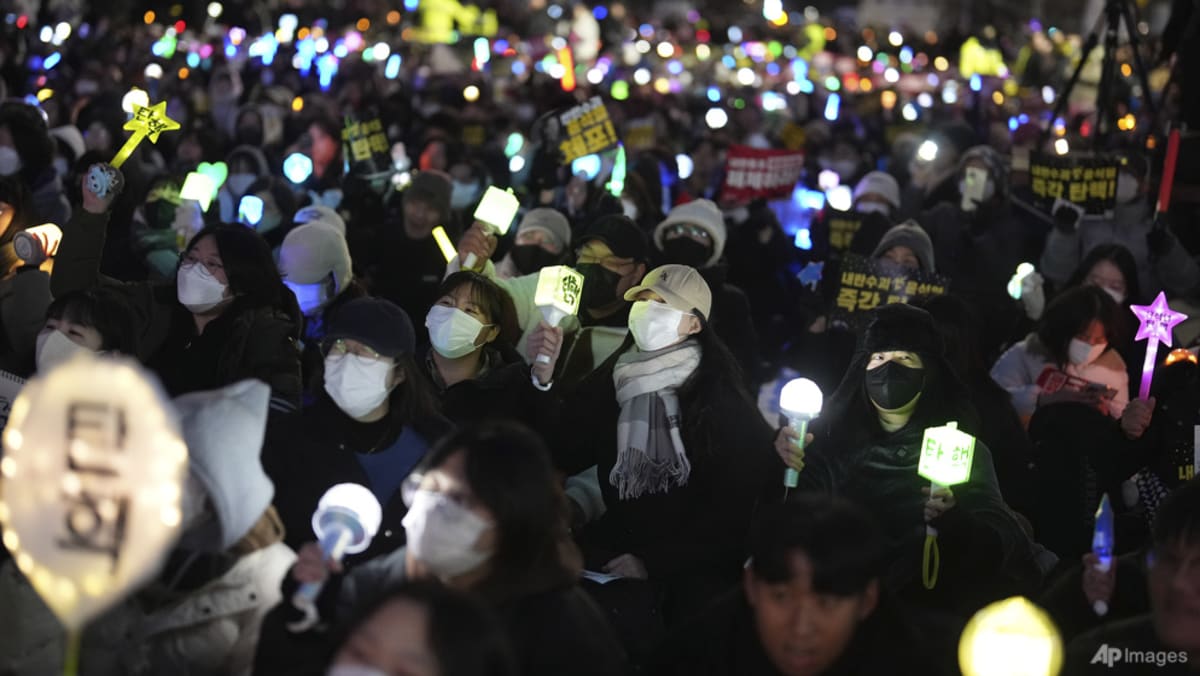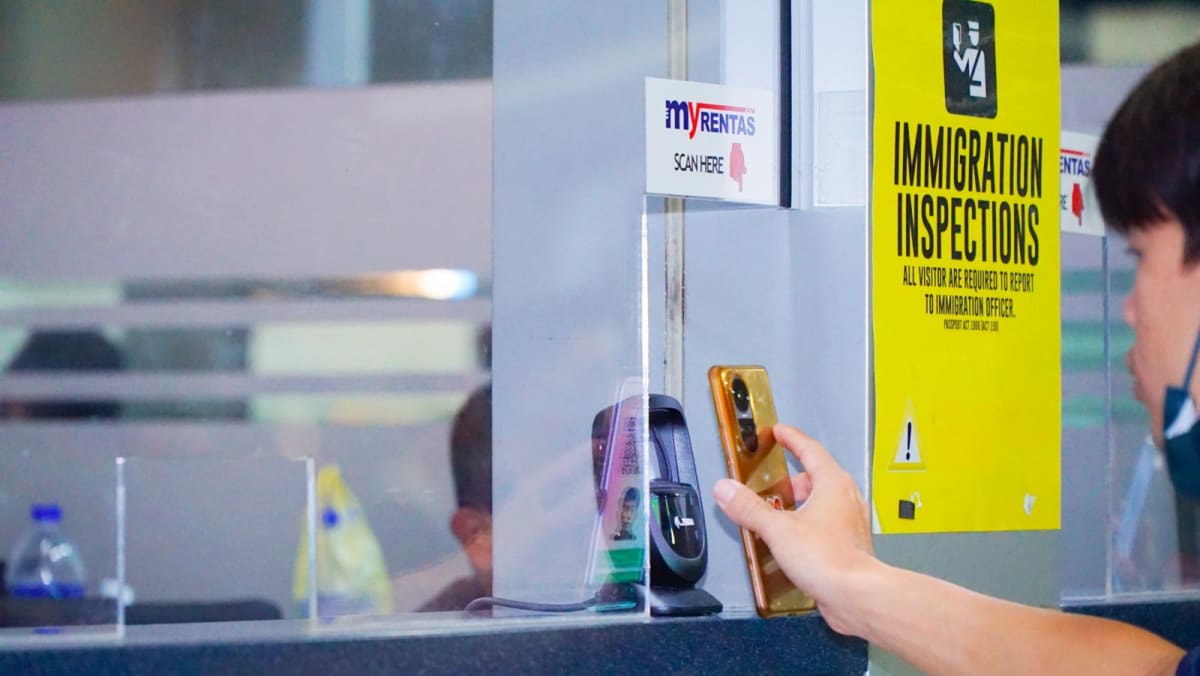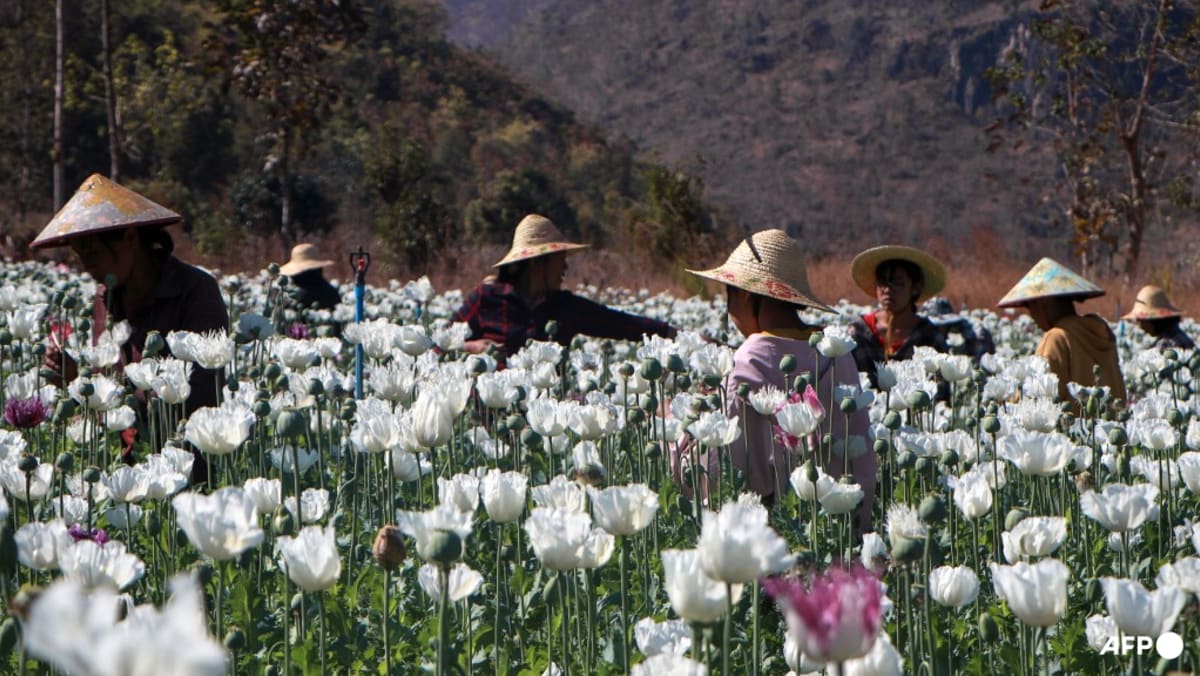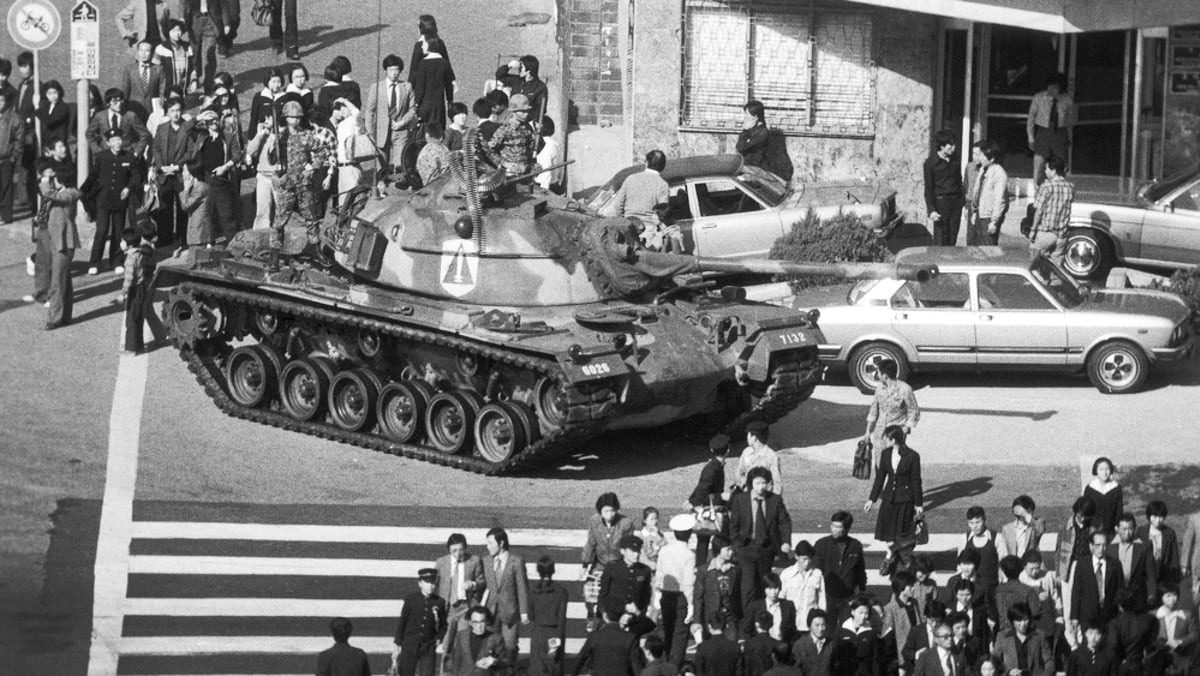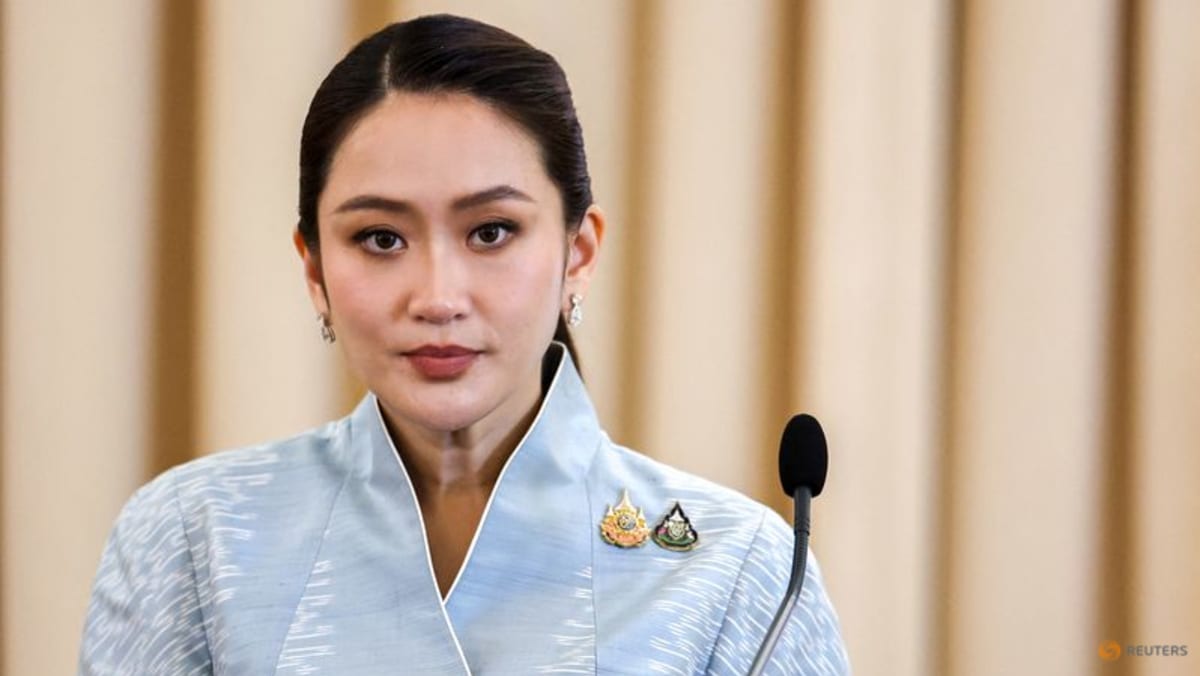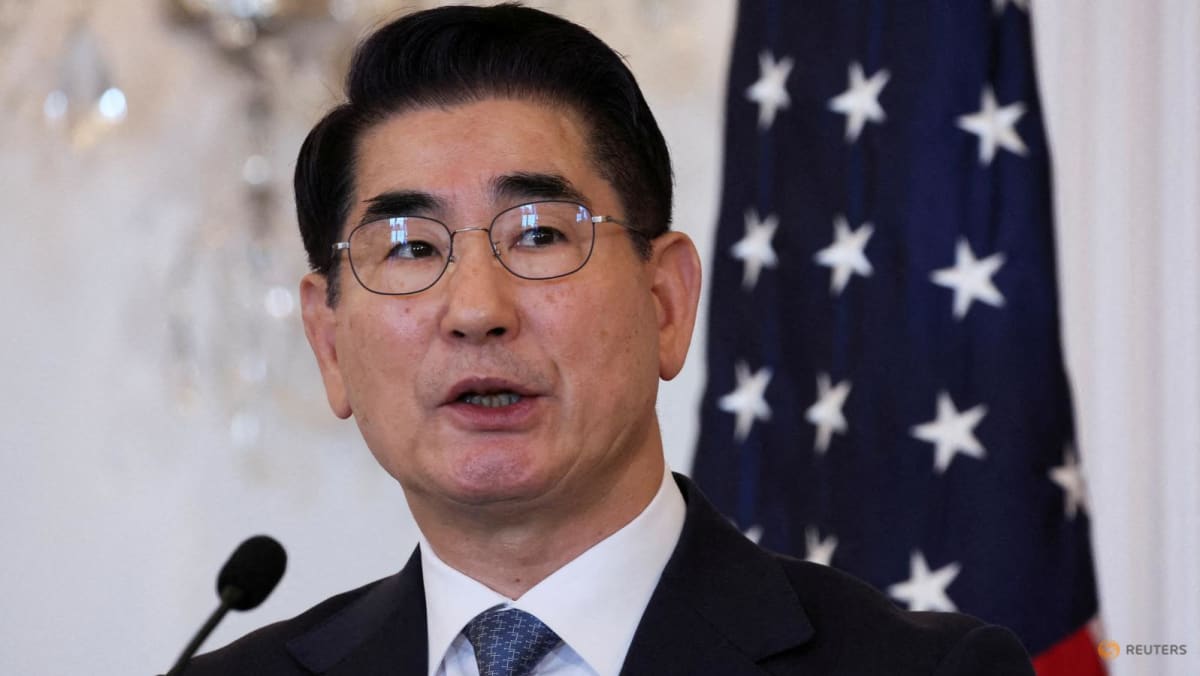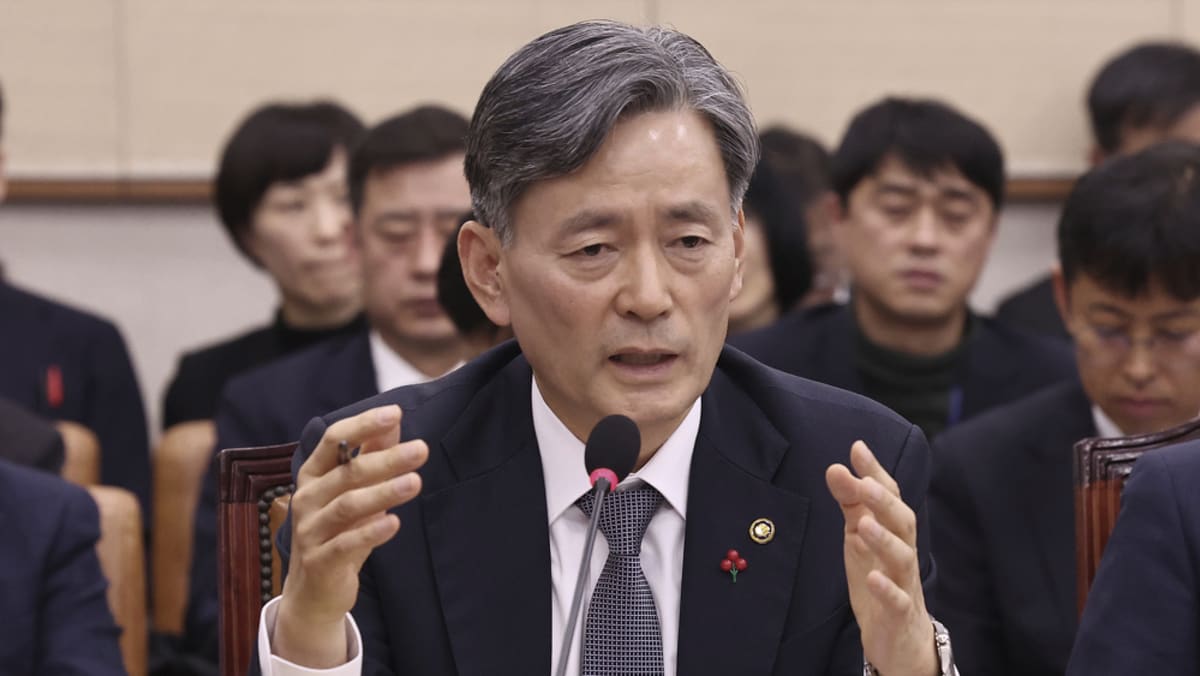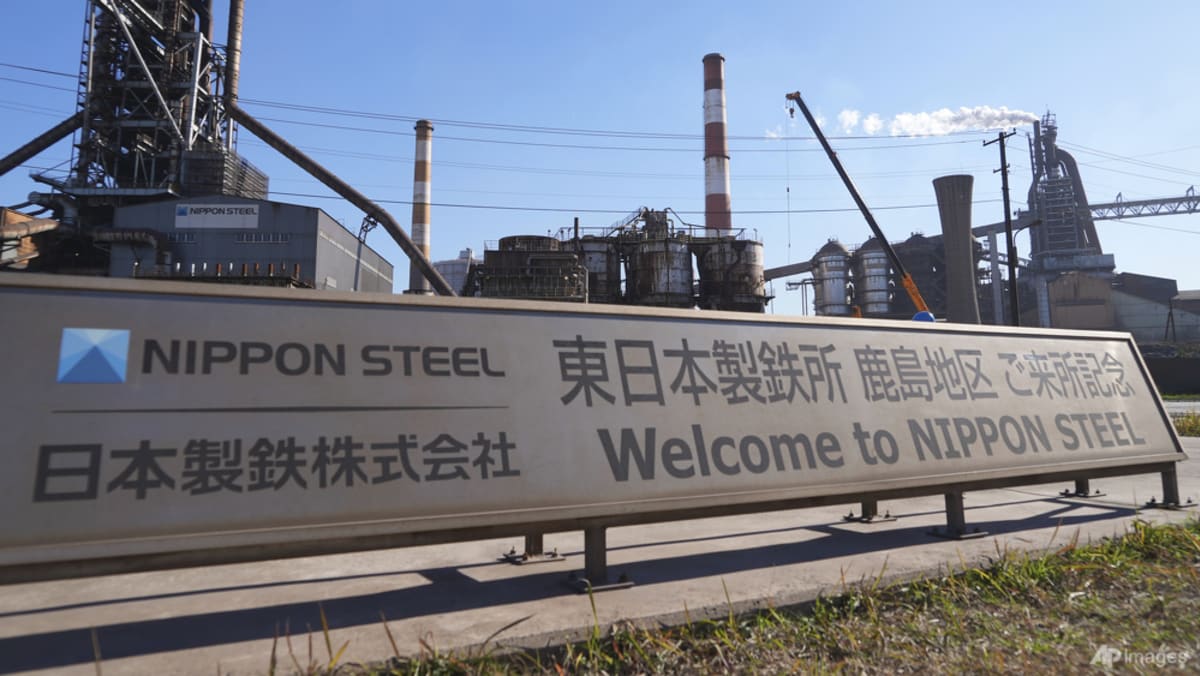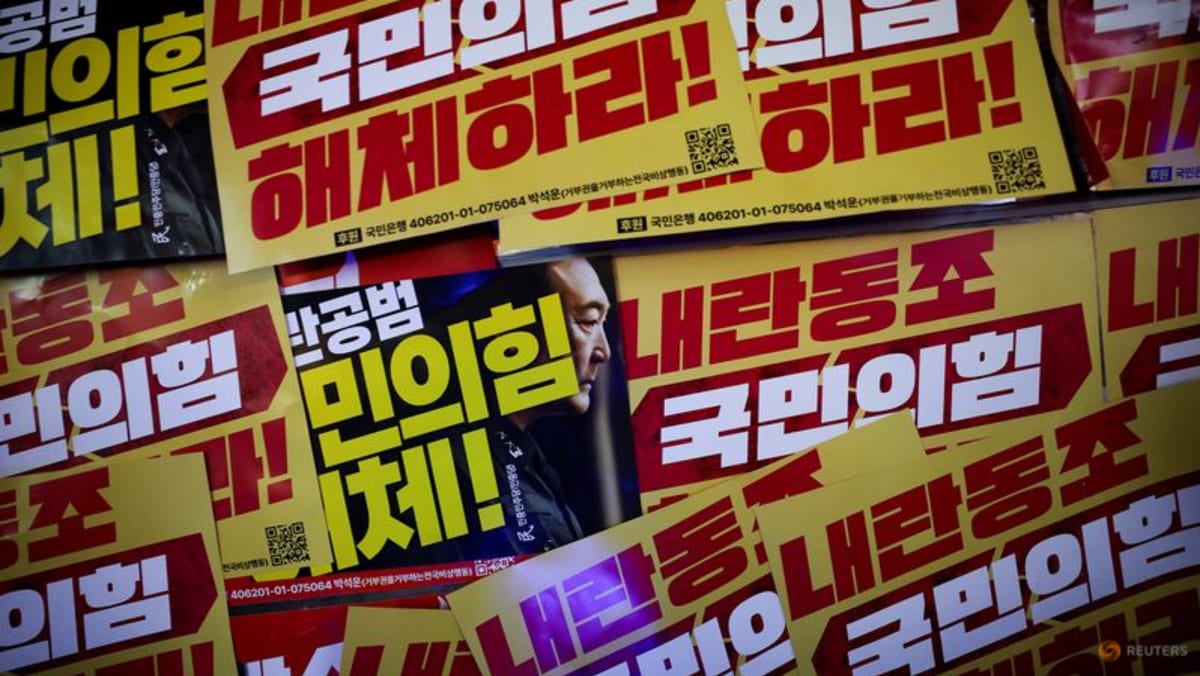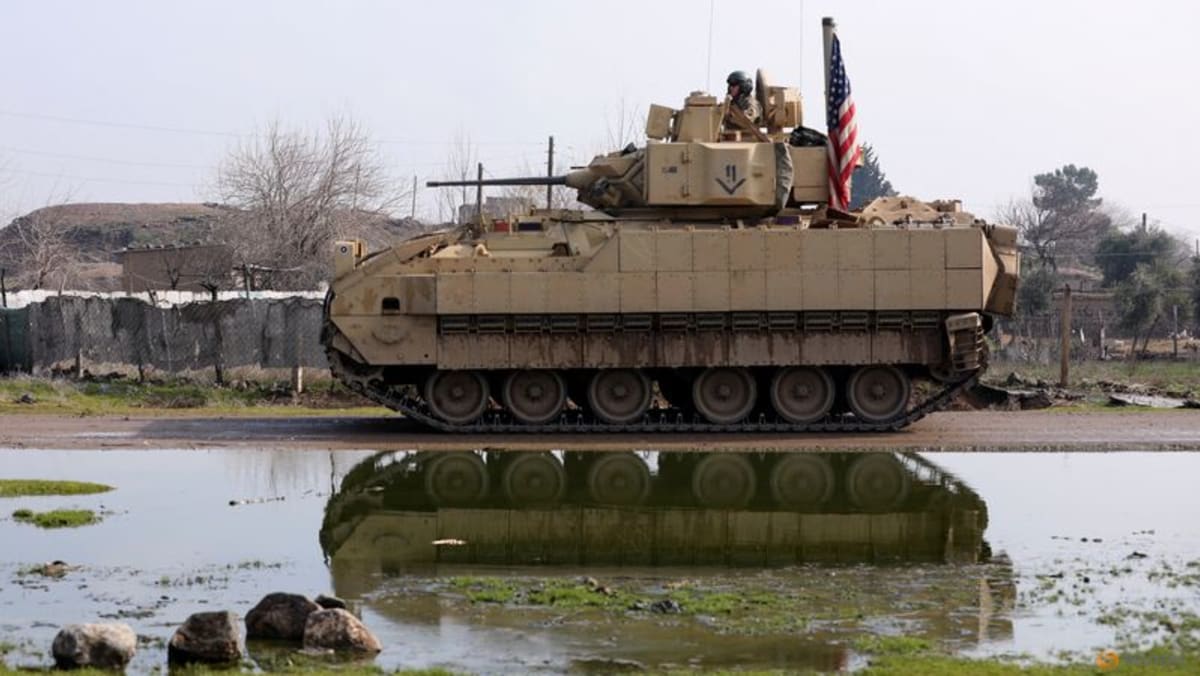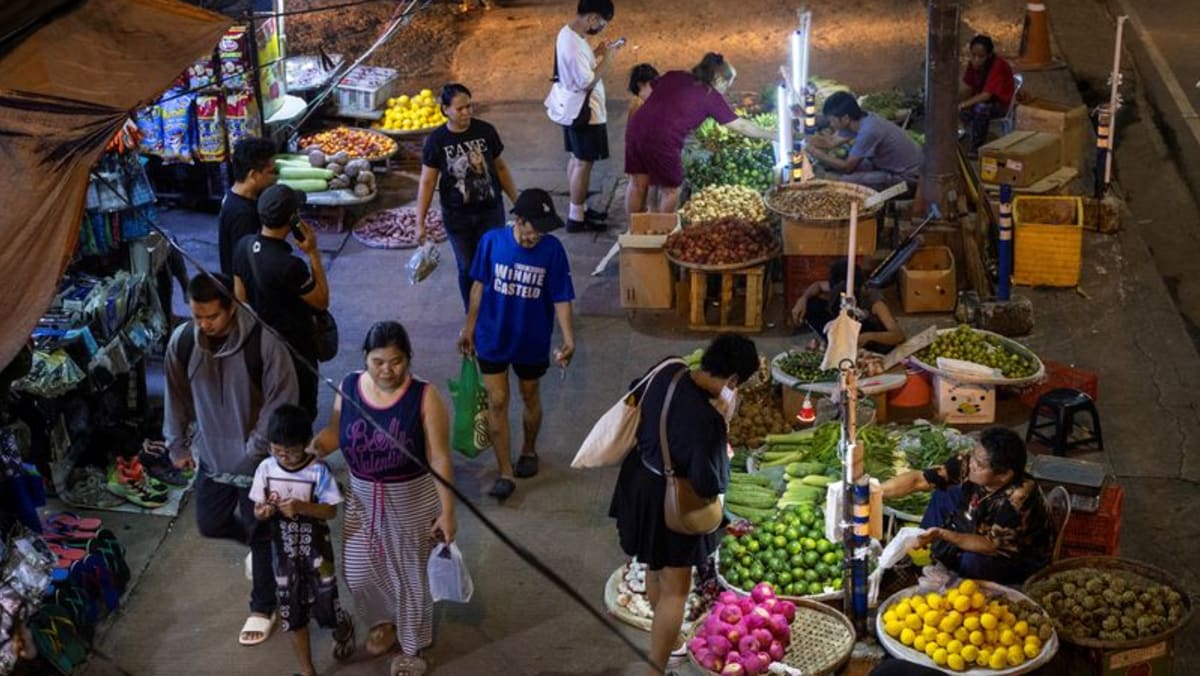Commentary: Capitalism is the unsung hero of South Korean democracy

As military-backed leaders in Seoul pushed rapid industrialisation in the years after the 1950 to 1953 war that left the peninsula divided, it was almost inevitable that prosperity would bring with it a rising middle class that became more aspirational and demanded a greater say in how it was governed. The scrutiny that came with integration in supply chains, inbound and outbound investment, and the price demanded for access to global markets forced South Korea to clean up its act.
Booms also bring busts and Seoul came within an inch of default in the late 1990s during the Asian financial crisis. As wrenching as the meltdown was, it was also part of a big shift in the country’s politics.
For the first time, a long-standing opposition politician, Kim Dae-jung, was elected president. Government figures tried to murder him during the dictatorship years, but American intervention kept Kim alive. His moment came and the transition to full democracy was complete.
FORCES UNLEASED BY CAPITALISM AND AN OPEN ECONOMY
As lawmakers debated the future of the now disgraced Yoon on Wednesday, a former South Korean trade minister sat down with Bloomberg journalists in Singapore.
I asked him whether, from a historical vantage point, the ebbs and flows of capitalism were effectively the midwife to democracy in Korea. “Absolutely,” replied Yeo Han-koo, a senior fellow at the Peterson Institute for International Economics in Washington. “There’s no turning back.”
Source: CNA


